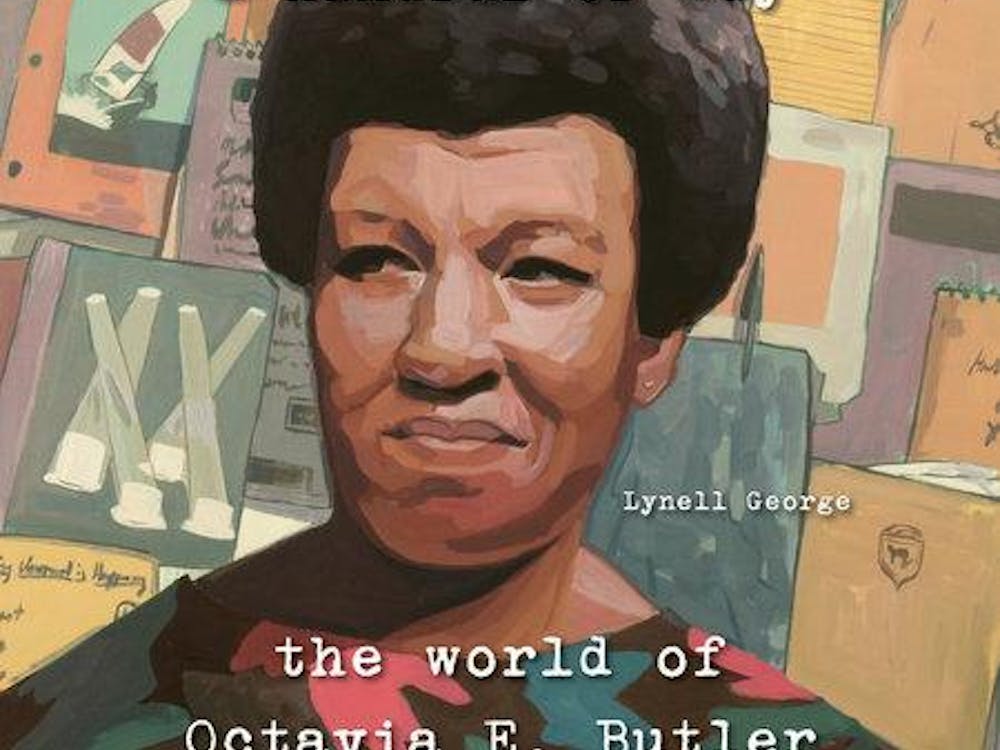I grew up not knowing there was a future other than education in a four-year university.
In our family, there was no talk of success without education and hard work. You could do anything, my dad said, if you work at it hard enough, if you've got the passion to succeed.
But more than anything, to stop learning after high school was unacceptable - and who was I to argue?
So we saved and scrimped and made our plans. I thought people who didn't plan for higher education deserved whatever they got - in my eyes, jobs without futures in a high-tech world.
Then we got one of those curve balls that life has a way of throwing. My mom sent a text in February: My 17-year-old brother was dropping out of high school.
My heart jumped into my throat. I wasn't sure how to respond.
"Oh?" I texted back.
"Yeah," she replied. "So his only option is a G.E.D."
I couldn't believe it. We just don't do that in our family. But it's a choice, no matter how questionable, made by millions of people every year.
Census figures show that of the 25.4 million high school graduates under age 25, about 7.5 million are in four-year colleges or universities like mine. More than 3 million are in two-year universities and just over a quarter million are in vocational programs.
Shockingly - at least to me - more than half, or 12.8 million are in no educational programs at all.
I know my brother won't settle for that. And his story may well be the story of millions of others for whom a four-year degree isn't the final answer.
Increasingly as a country, we're talking about the efficiency of education - what do we get for all this tuition money, really. Not surprisingly, some people are looking at the benefits of two-year degrees or vocational training.
That's where my brother is headed: Not a whiz at math or writing, but amazing with his hands and obsessed with electronics. His room is filled with loudspeakers in the most impressive, complicated stereo system I've ever seen.
So as our family talks about his future, I'm thinking differently about education. I'm still getting my journalism degree, but in a fit of brotherly concern, I've been thinking about the alternatives - the vocational training, apprenticeships and two-year degrees.
He's likely headed to an apprenticeship of some kind and the good news is, there are plenty of options in the skilled trades. Somebody like my brother, who lives and loves wires and electronics, could end up as an electrician, or becoming part of the IT support world.
He has always been good at taking things apart, putting them back together. He has frustrated my mom beyond belief with this behavior, but it just may be his saving grace.
For once, I realized college really may not be for everyone. I have hope for my brother. He took it upon himself to enroll in graduation equivalency classes, showing that he's not just giving up by dropping out.
He has shown his passion for success, and to me that means more than anything. I've seen plenty of people in my four-year school without much love for what they're doing - or strong feelings about where they're headed.
So they have some direction in their lives, but not much. And not much velocity propelling them to anything they really care about.
I've got a feeling my brother will be different. In our family, we're seeing another way to success, on a different track than the four-year college degree.
For him and millions more, we think there's another way - where passion and determination, not just a four-year degree, will make the difference.




